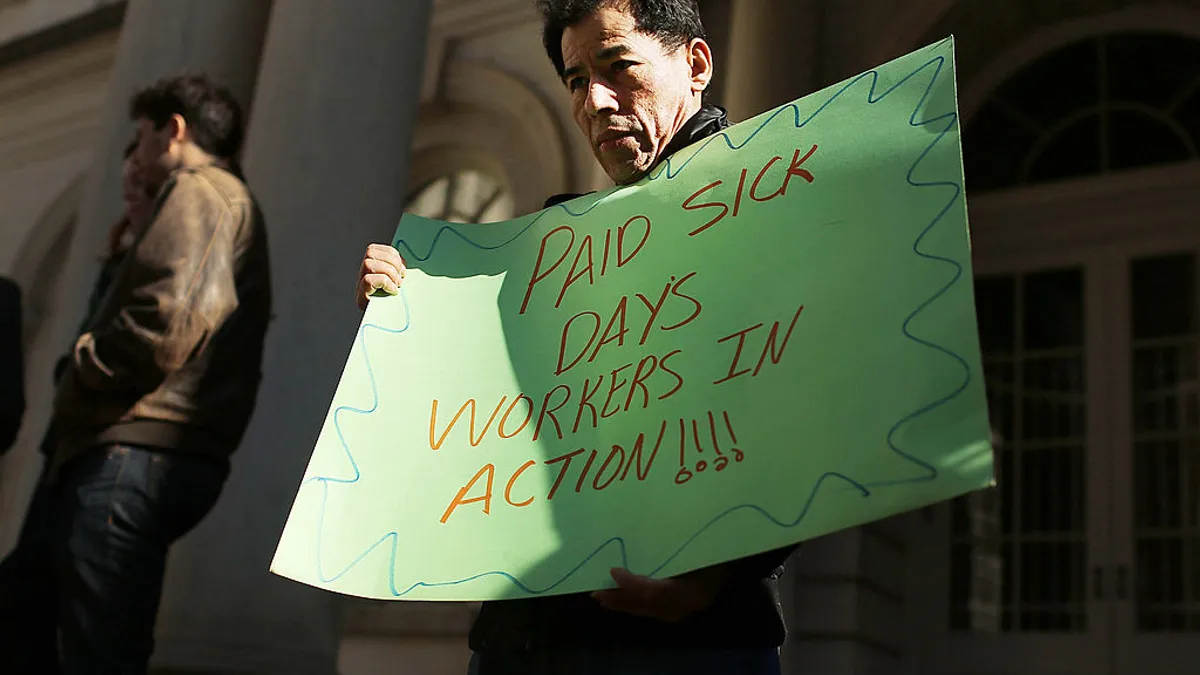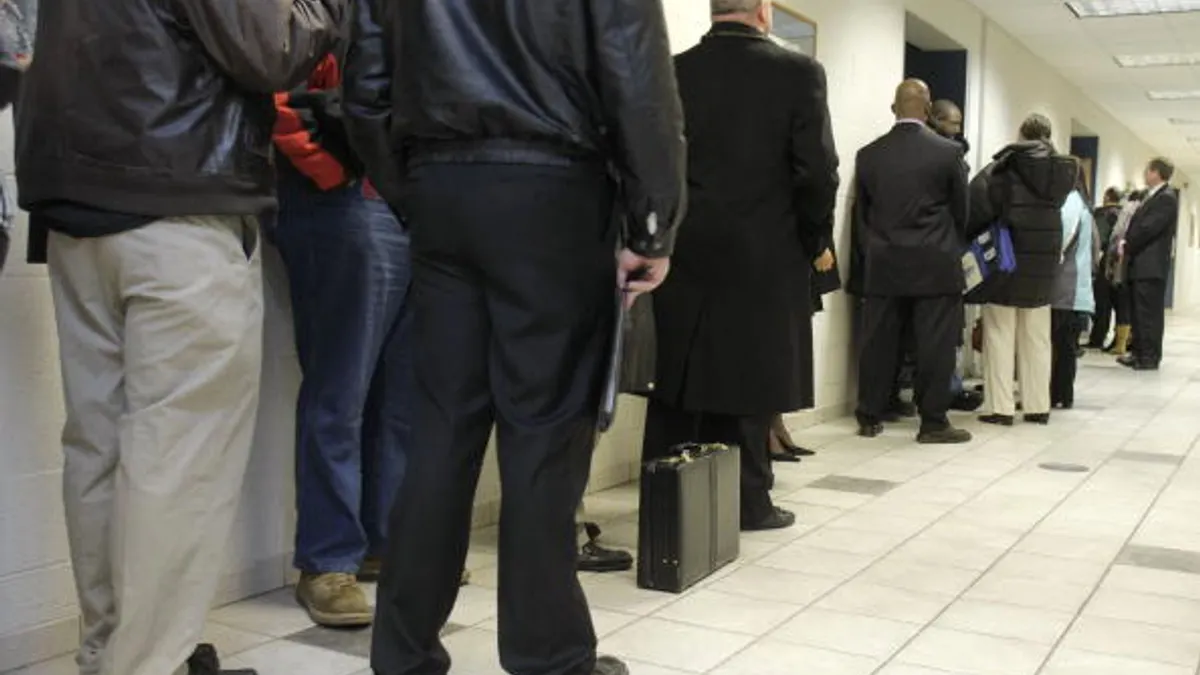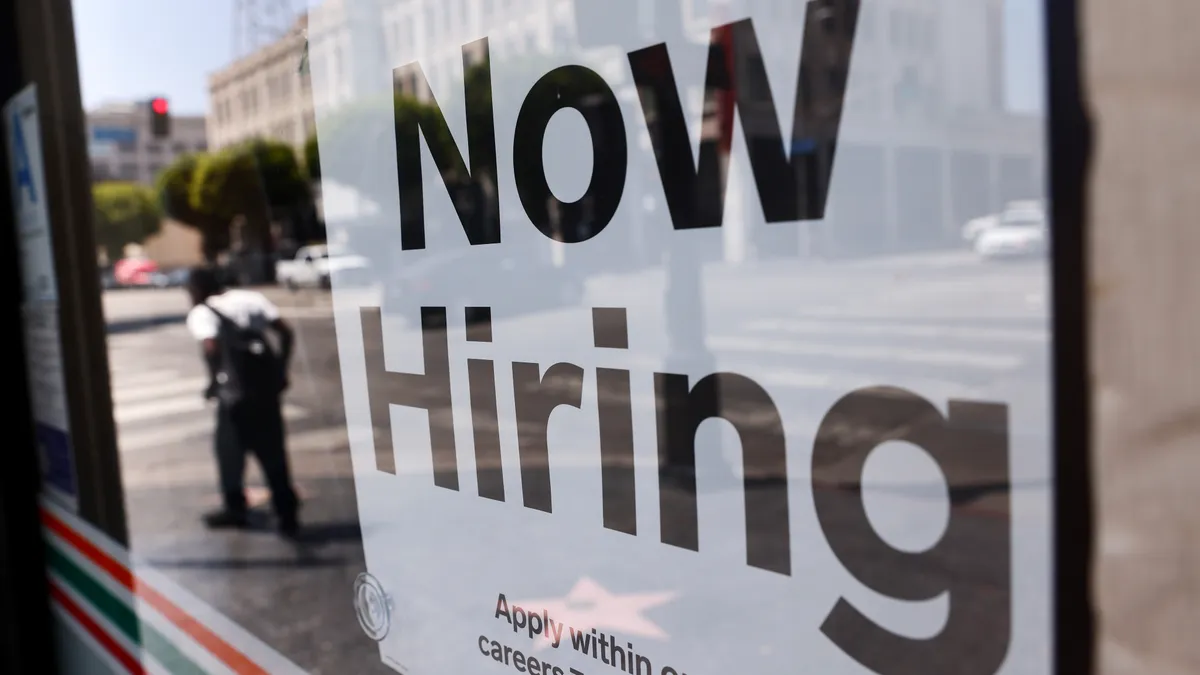Students looking to gain new skills have a staggering number of options they can pursue these days. About 1.1 million credentials are available in the U.S., and some three-fifths of those are from nonacademic providers, one recent tally found.
Moreover, it can be easier to access credentials from nonacademic providers like LinkedIn and Microsoft than traditional providers, a group of authors argued in a 2022 white paper for the Higher Learning Commission, or HLC, an accrediting agency.
In response, colleges have been exploring ways to embed alternative credentials into their existing programs by joining forces with outside groups. But it’s difficult for college leaders to assess whether these potential partners would provide value to their students.
Those trends are what drove HLC to launch an initiative last month called the Credential Lab. With a $250,000 grant from the Lumina Foundation to partially support the initiative, HLC’s Credential Lab will develop and implement an evaluation model for vetting the quality of alternative credential providers.
“There’s new content providers coming into the picture,” said HLC President Barbara Gellman-Danley. “There’s an overwhelming need to have some group — or multiple groups — say there’s a quality assurance of these particular providers.”
The Credential Lab is still in its early days, and officials are working out some of the details. Gellman-Danley said the effort will have two parts.
For the first part, HLC will provide a stamp of approval for alternative credential providers. The process will be voluntary for the providers and separate from the agency’s accreditation work. This endorsement would mean HLC has vetted the organization’s strength, sustainability and reputation, Gellman-Danley said.
Credential Lab will work with experts to develop and pilot a framework to evaluate these external providers. Its goal is to have an initial version in place by spring 2024 to test with external content providers.
The second part of the initiative would include helping colleges understand how to create their own alternative credential programs, as well as potentially benchmark themselves against their peers and learn from one another.
What’s fueling the need?
In May, HLC surveyed some of its member institutions to understand what kind of help they needed in assessing the quality of alternative credentials, which it defined as short-term and nondegree certificates, industry certifications, digital badges and microcredentials.
HLC, which has roughly 1,000 members, found that 73% of survey respondents said their institutions offer alternative credentials. And 25% said their colleges offer alternative credentials with the help of external content providers.
The vast majority of respondents, 91%, expected to increase their alternative credential offerings in the future. However, members also indicated they needed more information about external content providers.
Nearly 9 in 10 respondents said they wanted to know how providers ensure quality assurance for their organizations and credentials. Additionally, around 80% said they wanted to know which providers other accredited colleges used, the extent employers were involved in creating providers’ credentials, and the practices providers used in developing their educational content.
Roughly three-fourths of those polled said they wanted to learn how often these providers update their educational content. And over half wanted insight into the financial health of their potential partners.
Other accreditors may head in this direction, higher education experts said. But that could partly depend on whether HLC can convert the effort from a grant-funded activity to one that is self-sustaining, said Kevin Kinser, a higher education professor at Pennsylvania State University.
To that end, Gellman-Danley said the agency plans for the services to be supported by a fee, though details are still being worked out. HLC has also set aside some of its own funds for the beginning of the initiative, she said
Is HLC right for the job?
Scott Cheney, CEO of Credential Engine, a nonprofit aiming to map the credential landscape, co-authored the 2022 report looking into how HLC could wade into this arena. He argued that HLC is well positioned to provide these types of quality assurance services.
“They know what to look for, and they have years of history working across thousands of institutions to know what makes a solid institution — and it’s the same that you would want in an owner or provider of nondegree credentials,” Cheney said.
But others aren’t as sure.
Ryan Craig is a managing director of Achieve Partners, a venture capital and private equity firm, and the author of the forthcoming book “Apprentice Nation.” He argued that it’s misguided to have quality assurance for alternative credential providers to follow the same form that it does for traditional degree programs.
While Craig supports efforts focusing on faster and cheaper credentials, he said prospective students will care only about whether these offerings can land them jobs.
“What’s the placement rate? And what’s the average starting salary?” Craig said. “That output or outcome is much more important than anything else they might ascertain about the program.”
The Credential Lab effort will assess providers, not individual credentials, according to HLC. It will explore the possibility of reviewing student outcomes from content providers, but it is still early in the process.
“HLC understands the importance of student outcomes and will be considering possible ways to include these metrics in the content provider quality assurance framework,” an HLC spokesperson said via email.























